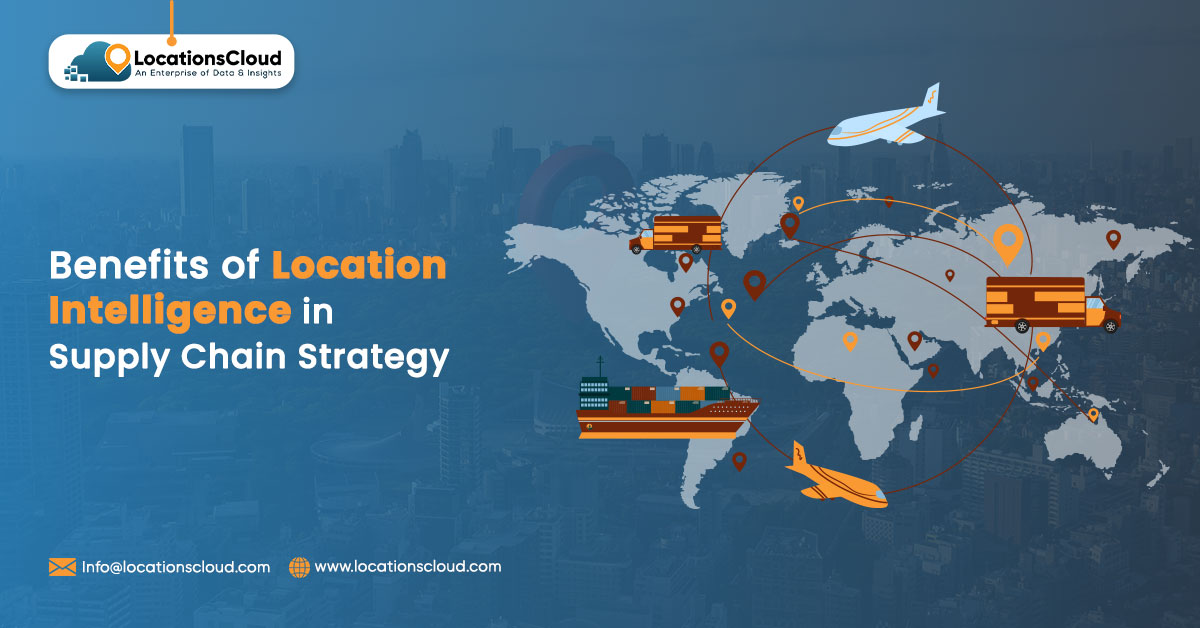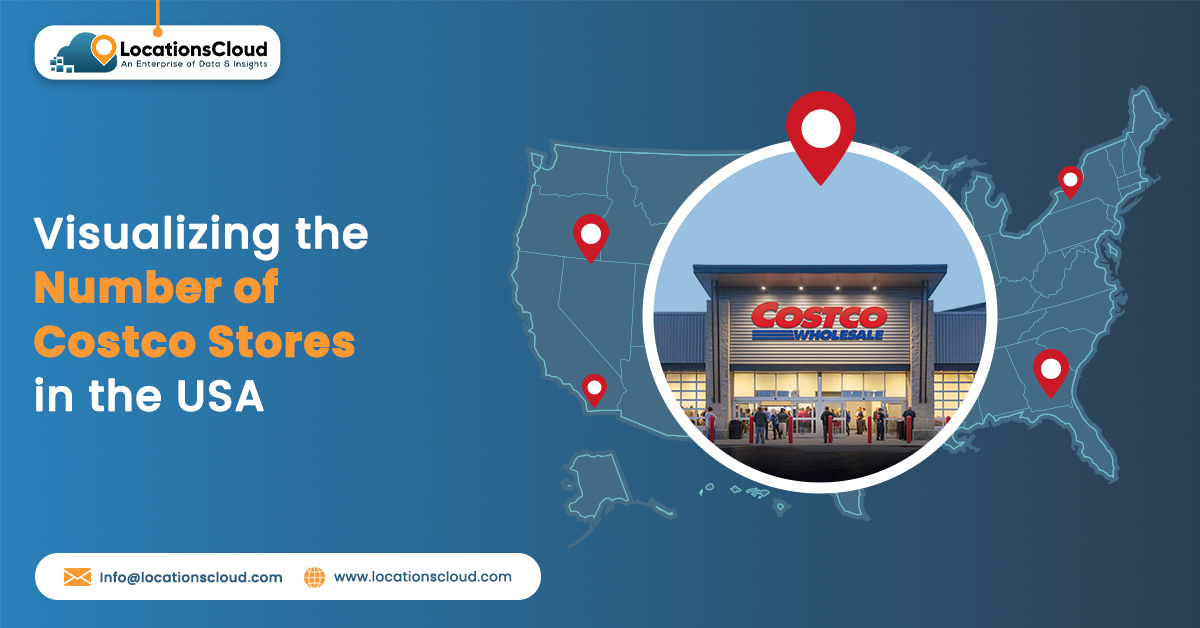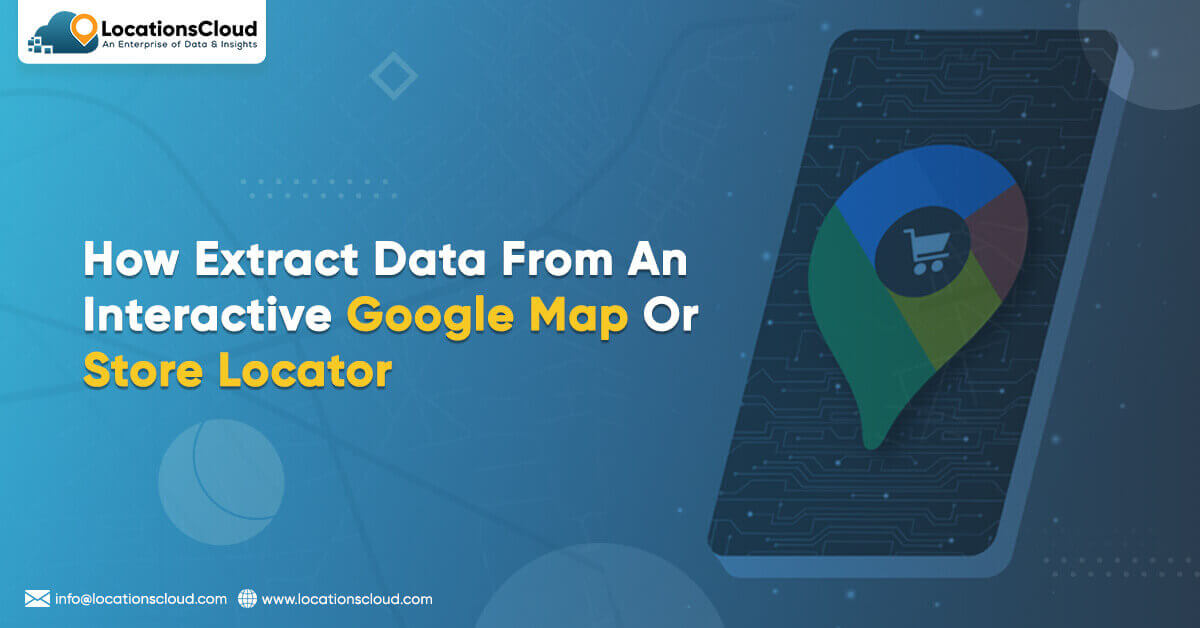
How do you get to see ads about holiday packages right after you have scrolled through vacation pics of an influencer? The magic wand is location data. It helps hotels know precisely what you want even before you ask. Hotels use location data to target users based on their search history, making it easy to make personalized recommendations and create targeted ads. In this blog, we will uncover how hotels use location data in surprising ways to create an exceptional experience from check-in to check-out.
What is Location Data?
Location data reveals a device’s or person’s whereabouts at a specific time. It is like a digital footprint that shows where you (or your device) are in the real world.
Here are some common ways location data is collected:
- GPS Data: This refers to data collected from GPS devices, providing precise latitude and longitude coordinates.
- Cell Tower Data: This data indicates a device’s location based on its connection to nearby cell phone towers, offering a less precise location compared to GPS.
- Wi-Fi Data: Similar to cell tower data, this information reveals a device’s location based on its connection to Wi-Fi networks.
- IP Address Location: While not as accurate, an IP address can provide a general idea of a device’s location based on its internet service provider (ISP).
How do Hotels Use Location Data?
Over the years, hotels have become tech-savvy about using location data to personalize customer experiences and boost their businesses. Here are some ways that hotels leverage location data.

Targeted Advertising:
Imagine you are flipping through your social media after looking at flight options. Out of the blue, an ad for a hotel right where you think of going appears. Hotels can show you special deals based on what you’ve searched for, making those ads feel like they’re just for you.
Frictionless Check-in:
Hotels can use location data to streamline check-in and help customers skip the front desk line. When you are nearby, they might send a notification allowing you to check in via your phone and head straight to your room.
Pre-arrival Experience:
If a hotel knows a guest is arriving from a long flight, they might arrange for a faster check-in or have a room ready earlier. Knowing a guest’s arrival point, like an airport, allows hotels to offer tailored transport or shuttle services. Hotels can send timely information or updates, like weather conditions or traffic alerts, that could affect the guest’s arrival.
Personalized Service:
Knowing a guest’s origin allows hotels to tailor the welcome experience. For instance, they can greet guests in their language or offer snacks/beverages popular in their home country. With detailed location data, concierge services can be more proactive and personalized, offering suggestions and making reservations at nearby venues that align with guests’ tastes and current weather conditions.
Optimizing Hotel Operations:
Hotels can use location data from within the hotel to understand guest behaviour and optimize services. For example, if heatmaps show a cluster of guests around the pool, they might staff the pool area accordingly or use the data to decide on future amenities expansions.
Location-based Services:
Some hotels offer apps that leverage location data to enhance your stay. Imagine using your phone to order room service, find the nearest towel at the pool, or unlock your hotel room door – all thanks to location data.
Understanding Guest Behavior:
By analyzing location data over time, hotels can gain valuable insights into guest behavior. This can help them understand things like popular arrival times, typical guest movements within the hotel, or preferred amenities. With this knowledge, they can tailor their services and offerings to better meet guest expectations.
Location-based Offers:
Imagine relaxing by the pool and receiving a notification for a happy hour discount at the poolside bar. Hotels can use location data to send targeted promotions based on where you are within the hotel grounds.
Future of Location Data in the Hospitality Industry
The ways hotels use location information will keep getting innovative and more helpful. They plan to develop new ideas that make your stay even better while ensuring they handle your info the right way. Here are some things that might happen:
- Hyper-personalized Experiences: Consider using a hotel app on your phone to change the warmth or brightness of your room, depending on where you are. Using your location and what you like, the app can make your stay special and just how you want it.
- Seamless Navigation: Advanced systems inside the hotel could help guests find their way to cool spots like the pool or café without getting lost or needing a map.
- Frictionless Transactions: Location data could enable automated check-in/out or in-room purchases without needing a physical card.
- Enhanced Security and Safety: Real-time location data could be used for improved security measures, like tracking staff movement or identifying unauthorized access to restricted areas.
- Context-aware Marketing: Hotels could leverage location data to partner with local businesses and offer exclusive deals or experiences to guests based on their whereabouts. Imagine receiving a discount notification for a nearby restaurant right as you walk by.
Primary Sources of Location Data
Here are some of the primary sources where hotels can acquire location data:

Hotel Wi-Fi Networks:
When guests connect to their Wi-Fi network, their devices transmit location data. Most Wi-Fi networks operate on a model where basic connectivity requires a login, even if it’s just a landing page with terms and conditions. During this login process, the hotel’s system can capture the device’s MAC address, which can be linked to a general location with some limitations.
Hotel Apps:
Many hotels have developed their own mobile applications. These apps often request permission to access location services on guest devices. With consent, the app can track a guest’s movements within the hotel grounds. This allows hotels to understand guest behaviour patterns and tailor services accordingly.
Third-Party Data Providers:
These companies gather location information from various sources, such as phone apps, social media, and what people look up online. Hotels can work with these companies to learn about where people might want to go and what interests them. This information helps hotels create ads aimed at the right people or improve guests’ experiences before they arrive.
Social Media Advertising Platforms:
Even though social media sites don’t give hotels specific users’ location info, they do have ad tools that can target the right audience. Hotels can use these tools to aim their ads at people on social media who probably like the kind of things the hotel offers or want to travel to their location based on general information about what these people are interested in.
Loyalty Programs:
Guests participating in hotel loyalty programs may unknowingly provide location data. For instance, some programs offer rewards based on the number of nights spent at different hotel locations. This data can be used to understand guest travel patterns and preferences.
Balancing Personalization with Privacy
Knowing where their guests are can be good and bad for the hotel business. It can help hotels create exceptional experiences for each guest, but it can also worry people about their privacy. Finding a middle ground that respects guests’ privacy while giving them a unique experience is important for hotels to keep guests’ trust and stay ahead of the competition. Here are some strategies hotels can employ to achieve this balance:
- Hotels should be upfront about collecting, using, and storing location data. This includes providing easily accessible privacy policies that explain user rights and opt-out options.
- Offer granular control over privacy settings in mobile apps. Allow guests to choose which data points they’re comfortable sharing (e.g., location within the hotel vs. general geographic location).
- Implement strong security measures to protect guest data from breaches and unauthorized access. Keep your security programs up to date and check often to make sure your data protection is working well.
- Stay updated on evolving data privacy regulations like GDPR and CCPA. Ensure data collection and usage practices comply with these regulations.
- Educate guests about how location data can enhance their experience, such as faster check-in or personalized recommendations. Highlight the convenience and time-saving benefits.
- If a guest opts out of location tracking, respect their decision. Still offer a positive experience without any data-driven personalization.
Conclusion
The way hotels use location information is getting really exciting, and it could lead to a super smooth and tailored travel experience for guests. However, to make this happen in the future, hotels need to handle this data carefully. Being open about how they use the data, letting guests have a say, and using it fairly is key to protecting guest privacy.
A guest who feels understood and valued is more likely to keep coming back. Picture staying at a hotel that seems to guess just what you want, like setting the room just how you like it or letting you know when your favorite drink is ready by the pool. That is when LocationsCloud helps hotels with all this. We provide detailed and helpful location information so hotels can make these personalized guest experiences a reality. So, the next time you check into a hotel that feels like it knows you, remember it might just be the magic of location data used responsibly.



